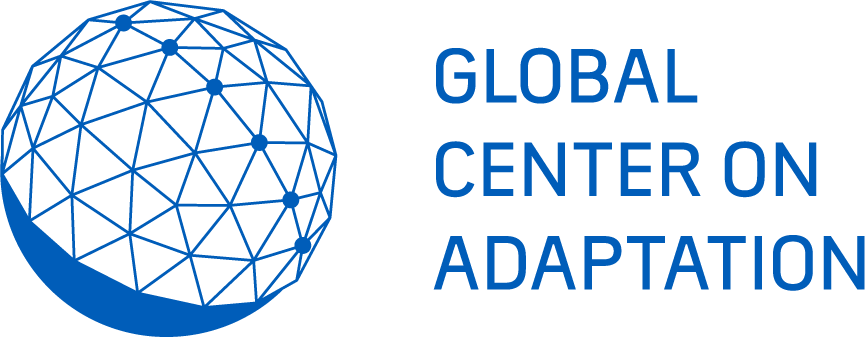Description
R4 Rural Resilience Initiative (R4) was launched in 2011 by the World Food Program (WFP) and Oxfam America (OA) to improve food and income security while adapting to increased climate risks. The R4 initiative combines risk reduction (natural resource management through asset creation and agricultural best practices), risk transfer (microinsurance), prudent risk-taking (livelihoods diversification, investments, and microcredit), and risk reserves (savings and deposits).
Stage of Implementation
In 2020, the R4 Rural Resilience Initiative has allowed nearly 180,000 farmers to access index insurance products and a range of complementary risk management services in ten countries. R4 conducted training on insurance, sustainable agricultural practices, financial inclusion, and climate services in Ethiopia, Senegal, Malawi, Zambia, Kenya, Zimbabwe, Burkina Faso, and Mozambique. R4 uses existing government safety net programs or other development programs run by NGOs to provide a replicable and scalable model by creating an enabling environment for pro-poor market growth through increased insurance penetration, financial inclusion.
Actors Involved
- Government departments: Various government departments, ministries, and regulators play an important role in policy, regulation, research, and operations, as well as in strategic oversight and guidance of climate adaptation projects in the sector. Government support in finance and execution is crucial to achieve the scale in such insurance programs.
- Community partnerships: Farmers in each village actively support development of insurance products through design and monitoring of climate resilience benefits. Participatory approaches with communities help to educate them about insurance, build trust, and increase awareness on the benefits of insurance.
Criteria
- Existence of social protection schemes: The R4 program is supported by the following existing programs in various countries, Kenya: PSNP in Ethiopia, Senegal: WFP’s FFA and Oxfam America’s Saving for Change (SfC), Malawi: WFP’s Food Assistance for Assets (FFA), Zambia: FAO’s Conservation Agriculture Scaling-Up (CASU) project.
- High climate vulnerability: These countries have a high demand for index insurance, which can be assessed using datasets like The Notre Dame-Global Adaptation Index (ND-GAIN) Country Index and Aqueduct’s global water risk mapping tool dataset for drought and flood vulnerability.- Progressive regulation insurance and presence of an insurance market: African regulators have generally been reactive on index insurance considering it has been introduced first by the markets. Mostly due to the low update, there are no strict regulations on index and mobile insurance.
Applicable Countries
Considering the presence of national insurance actors like Nigeria Incentive-Based Risk Sharing System for Agricultural Lending, Nigeria in West Africa where R4, which is mostly present in East Africa, has not yet started operation and can be a good candidate for expansion.


